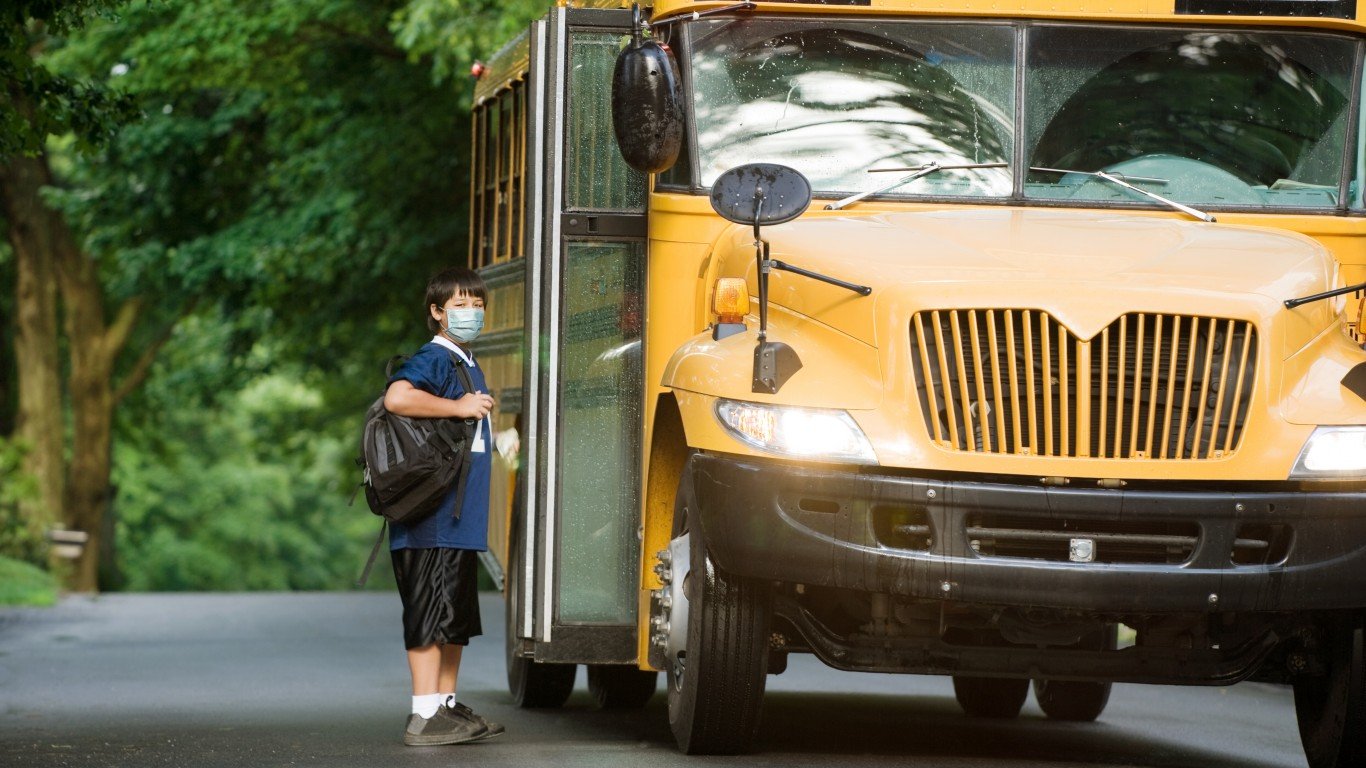

The rate of the spread of COVID-19 had slowed across America. Increases in daily fatal and confirmed cases are still about half what they were seven weeks ago. Nevertheless, 568,786 Americans have died, which is about 20% of the world’s total. Confirmed cases have reached 31,538,511, or about 23% of the global number. Hospitalizations, which were over 100,000 a day during the peak wave, dropped into the thousands.
However, the Centers for Disease Control and Prevention (CDC) and several media sources show that the numbers of cases have started to rise again in well over half the states in America, currently led by a rapid spread in Michigan. That state recently asked the federal government for additional vaccine doses because of the rising spread of COVID-19 there. The request was denied, but the head of the CDC suggested the state be shut down to resolve the problem.
Much of the country has “opened up,” which has caused worries that there will be a fourth wave of the disease. Just two weeks ago, the nation’s newspapers were filled with reports of large college parties in Florida with hundreds of people in close proximity without masks. More people flew over the Easter weekend than any other weekend since the start of the pandemic. This kind of activity has led to public health officials predicting that fourth wave.
Variants of the disease are among the dangers epidemiologist and public health officials worry about. At least one, first identified in the United Kingdom, now accounts for most new U.S. cases. This variant also could be more deadly. The CDC currently tracks three variants for the public on its website. It has 20,915 cases of the B.1.1.7 variant reported across all 50 states. There are 453 cases reported of the B.1.351 variant across 36 states and 497 reported cases of the P.1 variant across 31 states. Several other variants have emerged that the CDC does not report on to the public. This is the state with the most variants.
The pace of the spread of the disease remains in part a race between vaccinations and the rising number of potentially dangerous variants. So far, 37% of the adult population has received at least one dose of vaccine and 23% are fully vaccinated. While the Pfizer and Moderna vaccines require two shots, the one from Johnson & Johnson requires just a single dose. According to The New York Times, 245,364,805 doses have been delivered in the United States and 192,282,781 of them (78%) have been administered.
There has been a battle about what businesses and government agencies should reopen, which is often a balance between economic expansion and safety. Among the institutions that have triggered the greatest debate are schools. Many teachers say they do not want to go back to classrooms because of the danger of infection. However, CDC Director Rochelle Walensky, M.D., the told ABC News that the matter was settled from the standpoint of the federal government. “We should anticipate, come September 2021, that schools should be full-fledged in person and all of our children back in the classroom.”
Walensky’s comments will not end the debate. Teachers who believe that COVID-19 infections are too high to return to the classroom continue to protest. Perhaps worse, they are leaving the profession in great numbers. As just one major example, 44% of eligible teachers in Michigan, America’s hardest-hit state, have opted for early retirement.
Click here to see which is America’s deadliest county due to COVID-19.
Take This Retirement Quiz To Get Matched With A Financial Advisor (Sponsored)
Take the quiz below to get matched with a financial advisor today.
Each advisor has been vetted by SmartAsset and is held to a fiduciary standard to act in your best interests.
Here’s how it works:
1. Answer SmartAsset advisor match quiz
2. Review your pre-screened matches at your leisure. Check out the advisors’ profiles.
3. Speak with advisors at no cost to you. Have an introductory call on the phone or introduction in person and choose whom to work with in the future
Take the retirement quiz right here.
Thank you for reading! Have some feedback for us?
Contact the 24/7 Wall St. editorial team.



